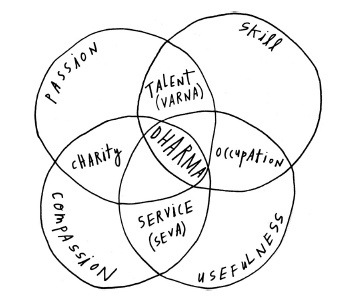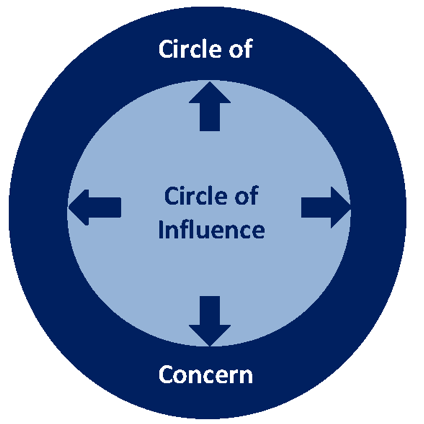Even the greatest of all time lose
When you think of the greatest of all time in sports, you might think of Micheal Jordan or Serena Williams. And if you haven’t followed their journey closely, you might even think that they never lost a game in their lives. But guess what… even the greatest of all time lose a game or two. So if you lost a game or something didn’t go as planned. It is not the end of the world, because you can still be the best in your field regardless.
Failure is knowledge
We have touched on this subject already in this previous post but the investments you have made are never lost as long as you learn. You can even consider them a gift. But the most important thing is to learn from those losses. Failure itself might not be the best motivator, but it matters what you do AFTER you fail. What can you learn from that failure? How can you improve? Do you need to pivot or continue this track? Bring that information with you to the next step and then the failure was just an investment into your success.
Kobe Bryant
If by now you are still unsure what I am trying to say then I have to introduce someone who can explain it better. He is known for his relentless work ethic. & one of the greatest in basketball. I’m talking about Kobe Bryant of course. In an interview, they asked him: “What does losing feel like for you?” You might expect that he responded with something like: “Oh I never lose I’m the best.”
But rather, he responded with: “It’s exciting! You receive different ways to get better. Certain weaknesses get exposed. And therefore you have a chance to enhance your skills. Whether you lose or win. The process should be the same either way. Face the stuff and learn from it.” So actually losing is a gift.
Redefining failure
So Kobe Bryant goes even further and claims that failure doesn’t exist. We make this up in our minds. He proposes that we can take those situations and try to get better and improve. Regarding something as a failure is easy because you are no longer responsible for those actions and don’t have to give it any more attention. But the moment you see failure or a loss as a learning gift, you are never done improving. As a result, you would have a higher chance of winning.
Source image:, Unsplash Howard Chai
Even the greatest of all time lose Read More »












